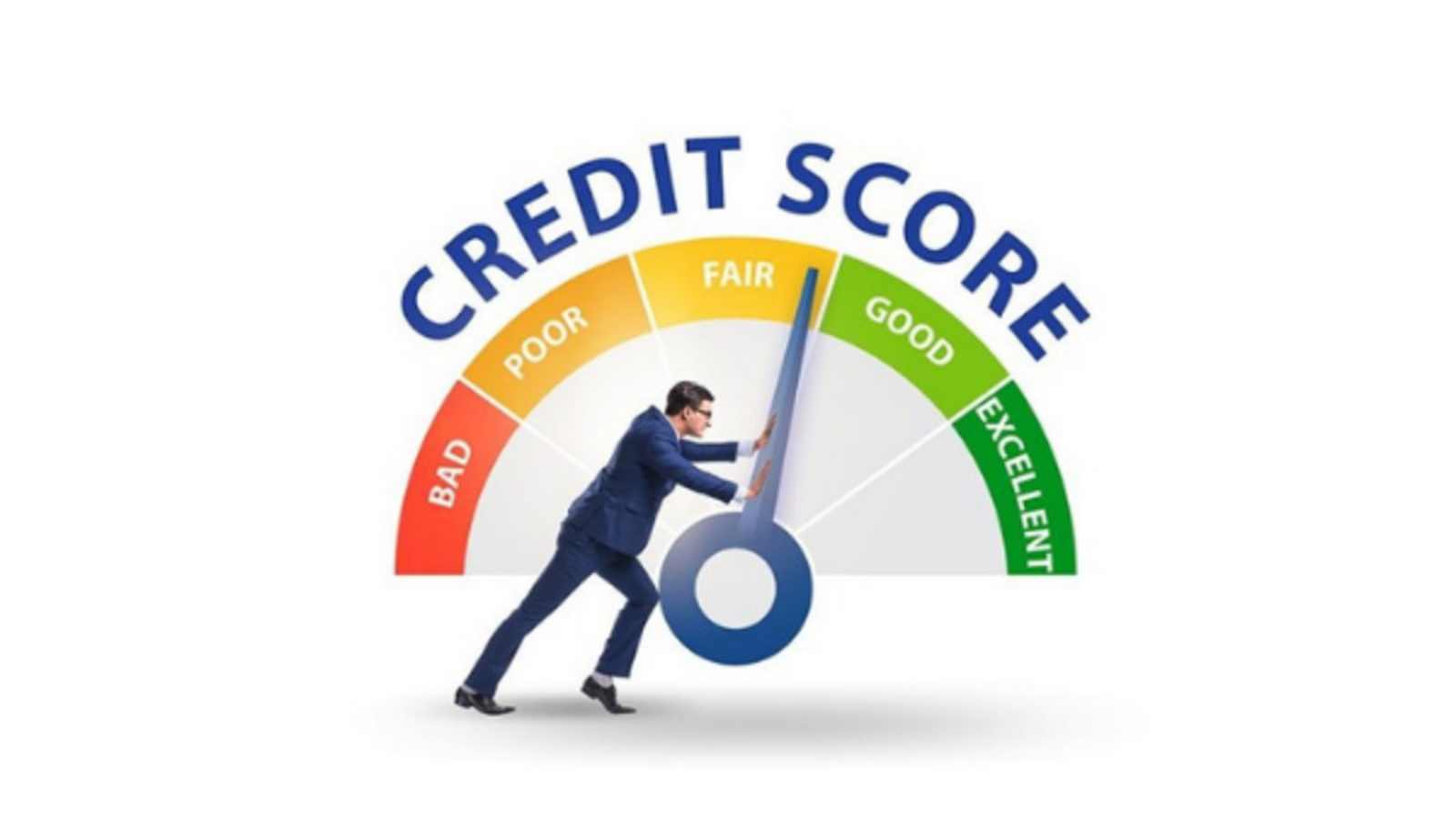Navigating the world of student loans can be overwhelming, especially if you’re new to the process. Whether you’re planning for college, currently a student, or repaying loans, it’s essential to understand how student loans work, the types available, and tips for managing them effectively.
What Are Student Loans?
Student loans are funds borrowed from the government or private lenders to help pay for college or other educational expenses. Unlike scholarships or grants, student loans must be repaid with interest, making it crucial to understand the terms before borrowing.
Types of Student Loans
There are two main categories of student loans: federal and private.
- Federal Student Loans: These loans are funded by the U.S. government and typically offer lower interest rates and more flexible repayment options. Federal loans include:
- Direct Subsidized Loans: Available to undergraduate students with financial need. The government pays the interest while you’re in school, during the grace period, and during deferment periods.
- Direct Unsubsidized Loans: Available to undergraduate, graduate, and professional students, regardless of financial need. You’re responsible for all the interest from the time the loan is disbursed.
- Direct PLUS Loans: Available to graduate students and parents of dependent undergraduate students to cover educational costs not covered by other financial aid. They require a credit check and may have higher interest rates.
- Direct Consolidation Loans: Allows you to combine all your federal student loans into one, simplifying repayment with a single monthly payment.
- Private Student Loans: These loans are offered by banks, credit unions, and other private lenders. Interest rates, repayment terms, and eligibility criteria vary widely and often depend on your credit score. Private loans typically have less flexible repayment options and are more expensive than federal loans.
Applying for Student Loans
The first step in applying for federal student loans is filling out the Free Application for Federal Student Aid (FAFSA). The FAFSA determines your eligibility for financial aid, including grants, work-study, and federal student loans. Private loans require a separate application process through the lender of your choice, often involving a credit check.
Repayment Options
Repayment options vary based on the type of loan you have:
Standard Repayment Plan: Fixed monthly payments over ten years.
Graduated Repayment Plan: Payments start low and gradually increase, usually every two years, with a ten-year term.
Income-Driven Repayment Plans: Monthly payments are based on your income and family size, potentially extending the repayment period up to 25 years, with any remaining balance forgiven at the end of the term.
Extended Repayment Plan: Extends the repayment term to up to 25 years, with lower monthly payments compared to the standard plan.
Private loans typically have less flexibility, so it’s important to check with your lender for specific repayment options.
Tips for Managing Student Loans
- Borrow Only What You Need: It’s tempting to borrow extra for living expenses, but remember that every dollar you borrow must be repaid with interest. Borrow only what’s necessary to cover your education costs.
- Understand Your Grace Period: Most federal student loans come with a grace period—usually six months after graduation—before you need to start making payments. Use this time to plan your repayment strategy.
- Consider Making Payments While in School: If possible, make small payments while you’re still in school. Even paying the interest can prevent your balance from growing.
- Explore Loan Forgiveness Programs: Some jobs, particularly in public service or teaching, may qualify you for loan forgiveness programs, which can erase some or all of your student loan debt after a certain number of payments.
- Set Up Automatic Payments: Many lenders offer a discount on your interest rate if you set up automatic payments, helping you save money in the long run.
- Stay in Contact with Your Loan Servicer: If you have trouble making payments, contact your loan servicer immediately. They can help you explore options like deferment, forbearance, or changing your repayment plan.
The Bottom Line
Student loans can be a valuable tool for funding your education, but they come with long-term financial responsibilities. Understanding your options, borrowing wisely, and actively managing your repayment can help you minimize debt and avoid financial stress in the future. Remember, education is an investment in your future, and managing student loans effectively can set you on a path to financial success.



